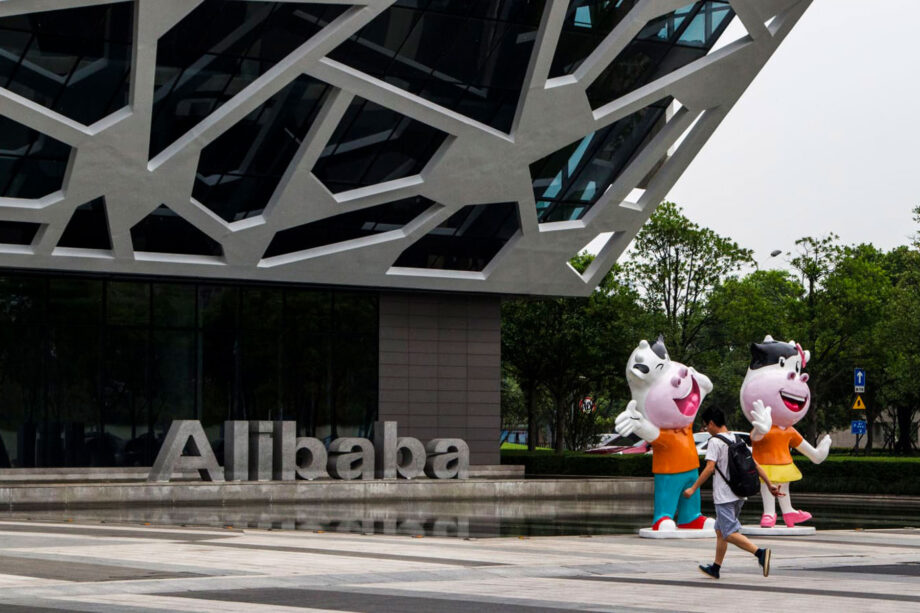They say money can’t buy you happiness (a claim many, we imagine, are keen to test). But that very statement could be coming true for China’s richest, following a new fund to be introduced by the country’s president Xi Jinping, which billionaires are being encouraged to contribute towards.
According to the ABC, President Jinping wants to introduce new laws that will see China’s most rich and powerful part ways with some of their wealth, while also allowing those at the bottom of the money ladder to raise their fortunes, in what is known as a plan to achieve “common property.”
Since Jinping’s statements were first made clear on August 17th 2021, some of the country’s most profitable companies have already begun donating large chunks of their wealth – with figures being in the billions of dollars – to worthwhile causes.
Quartz adds that the move came following the revelation: “China’s richest 20% had 10 times more disposable income than the bottom 20%.” The lack of money among China’s working class is also said to be contributing to couples being unwilling to have more children, since they won’t be able to afford to look after, and educate them.
China has been known to instil a strict one child per family policy, however that has now been scrapped. According to another ABC article, this has resulted in a rapidly raging population, with not enough youngsters to take over.
It’s not yet clear if President Jinping plans to impose higher tax rates, or simply encourage the most profitable companies to pledge portions of their wealth to more social causes. As Quartz notes, China already has a relatively high tax rate for its wealthy population of 45% for those who earn more than 960,000 Chinese Yuan (US$148,850/AU$203,856, at time of writing).

Raising these tax rates will no doubt be met with some serious protest.
Not everyone disaproves, however. Alicia García-Herrero, chief economist at French investment bank Natixis, told the ABC, “I actually think what China is trying to do, in itself, is not a bad idea.”
“Rather than oblige companies to donate, just increase their taxes then redistribute, especially since China’s effective tax rate is very low. The key here is, companies and people need to know what to expect.”
While the term ‘common prosperity’ sounds self-explanatory, it could be anything but. As ABC relates, “‘Common prosperity’ is quite a nebulous concept which hasn’t been defined exhaustively. The government said it involves affluence being ‘shared by everyone’ — not just materially, but also in ‘cultural terms’, according to a summary of Xi’s mid-August meeting, by China’s press agency Xinhua.”
The term itself actually dates (semantically) back to the 1950s and the much feared Mao era (a time when China was a lot poorer and a lot more socialist).
According to Brookings.edu, “The concept of ‘common prosperity’ has deep roots in the Chinese Communist Party. Party mouthpiece People’s Daily first used the term in a headline on December 12, 1953, as part of an effort to bolster the case for socialism over capitalism.”
Yun Jiang, editor of the Australian National University’s China Story blog, is quoted by the ABC as saying, “The current inequality in China is a lot worse than in many capitalist countries, even though China is ostensibly a socialist country that is working towards communism.”
“Such visible ‘hyper inequality’ can lead to social unrest. And for the Chinese government, social stability is very important.”
For now, President Jinping plans to go ahead with the Robin Hood esque scheme.
Whether other countries will take note (to decide whether they want to instil similar policies) remains to be seen.
While history suggests you can’t have your utopia and eat it too, we certainly wouldn’t mind a free monetary pay out every now and then.
Read Next
- ‘Rich Dad Poor Dad’ Author Issues Huge Warning For Investors
- Will Cryptocurrency Really Dominate ‘Traditional Finance’ By The End Of The Decade?
The post Billionaires Beware: China Cracking Down On ‘Excessive Income’ appeared first on DMARGE.
from DMARGE https://ift.tt/3Al7y5v







0 comments:
Post a Comment